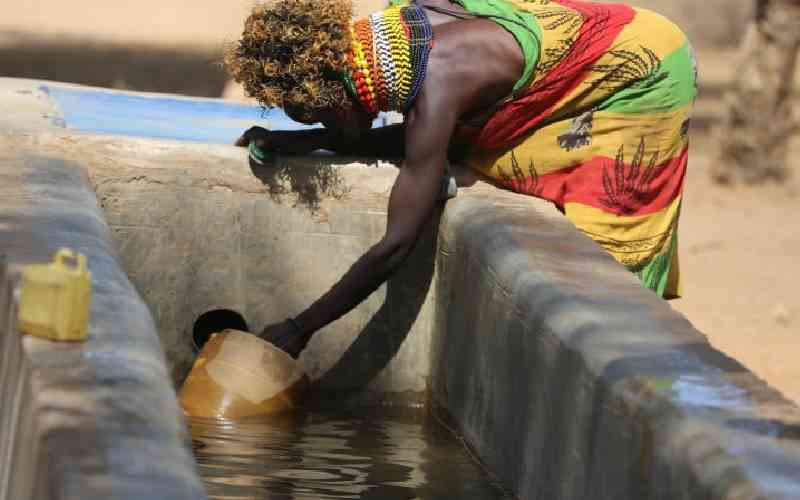×
The Standard e-Paper
Stay Informed, Even Offline

An estimated 40 per cent of Kenya's population does not have access to safe drinking water. The situation is also dire in schools, where one in three learners lack access to safe water.
This partly results from a strain on resources occasioned by the introduction of compulsory free primary education in 2003. Prior to that, enrollment rate hovered below 50 per cent. Within one year, 1.3 million children were registered in schools.